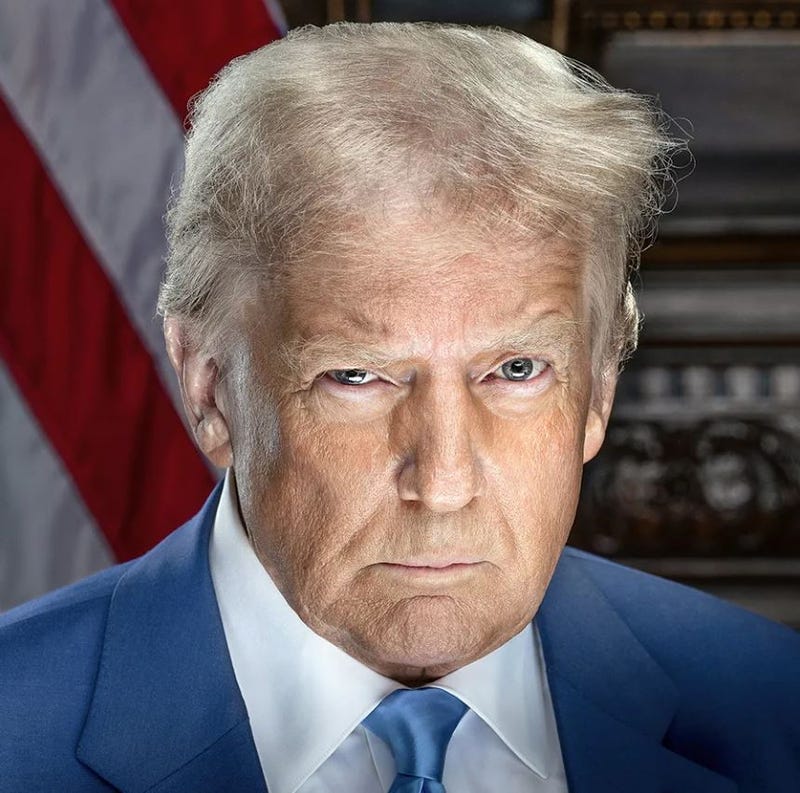
The Trump Administration's dismantling of the United States Agency for International Development is having a drastic impact on Louisiana's rice farmers, most of whom relied on USAID to purchase their product and distribute it around the world.
Last year, the agency purchased more than $126 million in American-grown rice, distributing the grain as part of food aid programs around the world. With the Trump Administration eliminating thousands of jobs and shutting down programs at the behest of ally Elon Musk and his Department of Government Efficiency, Louisiana's farmers are caught in the crosshairs of a political issue.
"How are they going to sell the rice that they have on hand? What's it going to do for planning next year? What's it going to do to rice prices?" asked University of Louisiana-Monroe political science professor Pearson Cross, highlighting some of the issues Louisiana's rice farmers will face amid these changes.
The million-dollar question is: Is there any way for the federal government to fix this problem it created?
"Congress could do something," University of Louisiana-Monroe political science professor Pearson Cross said. "Often times in the past, the U. S. Government has purchased oversupplies of commodities and warehouse them and release them as they wanted on their own timetable."
Louisiana Reps. Julia Letlow (R-Start) and Clay Higgins (R-Lafayette) have asked President Trump to put tariffs on rice imports into the United States. However, Cross is skeptical that those tariffs would help the state's farmers.
"How that would help the rice farmers here when they have product that they can't sell, it's unclear," Cross said.
Cross notes that Congress could also nudge the Trump Administration to take a second look at its "ready, shoot, aim" approach to governing.
"Certainly, this calls for reevaluation," Cross said. "One would hope that the Trump Administration would slow down a bit and move to assess these kind of downstream effects of its budget cutting.
"Government is not exactly like a business," Cross added. "Sometimes it's easier to make cuts in businesses or do things quickly and let the effects sort themselves out, but oftentimes, government and how it does things is so complicated that these effects can really be hidden oftentimes and only emerge after you make the move, which, by then, is too late."

